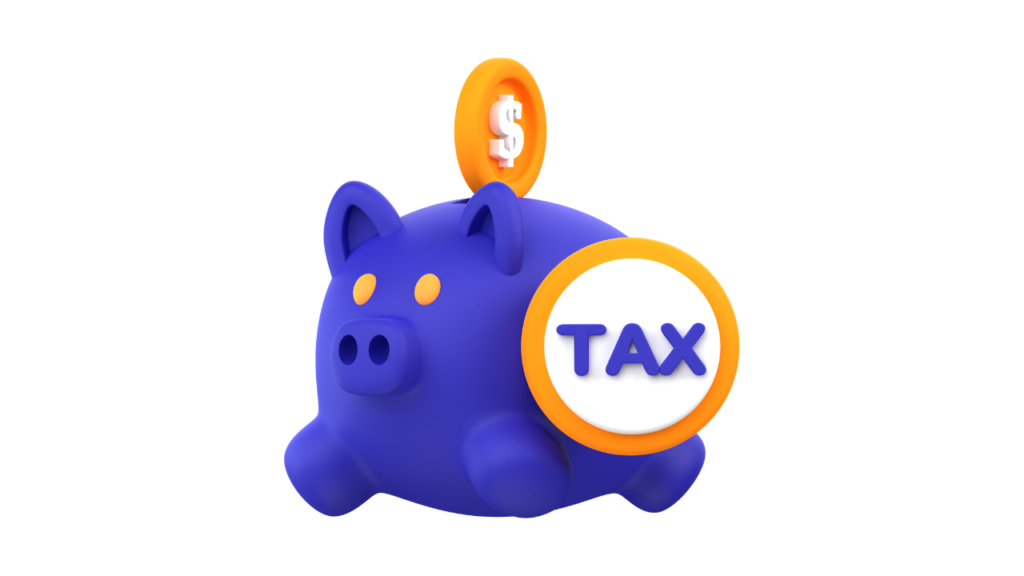March marks the end of the financial year in India, making it a crucial time for taxpayers to plan and act. Many individuals rush to make last-minute investments to save on taxes, but navigating through the numerous available options can feel confusing. That’s why it’s important to have a clear understanding of tax-saving investment options you should know about before March. This guide simplifies these options, helping you make smart decisions to save taxes and secure your financial future. Let’s deeply dive in it.
Why Is It Important to Save Taxes Through Investments?
Tax-saving investments not only reduce your taxable income but also help you achieve long-term financial goals. The Indian government provides tax benefits under Section 80C of the Income Tax Act, 1961, allowing you to claim deductions of up to ₹1.5 lakh in a financial year. By choosing the right investments, you can:
- Save money by reducing your tax outgo.
- Earn returns that contribute to your future financial goals.
- Benefit from the power of compounding over time.
Best Tax-Saving Investment Options Before March

-Tax-Saving Investment
Here are some of the top tax-saving investment options to consider when planning to save taxes:
1. Equity-Linked Savings Schemes (ELSS)
ELSS funds are mutual funds that invest primarily in equities and offer excellent tax-saving benefits. These are highly popular among young investors for several reasons:
- Tax Benefits: Investments up to ₹1.5 lakh qualify for deductions under Section 80C.
- Lock-In Period: ELSS funds have a short lock-in period of just 3 years, making them more liquid compared to other tax-saving instruments.
- Potential Returns: These funds often offer higher returns compared to traditional options like fixed deposits or PPF due to their exposure to the stock market.
Example: If you invest ₹50,000 in an ELSS fund with an average annual return of 12%, your investment could grow to about ₹60,480 after three years.
2. Public Provident Fund (PPF)
PPF is a government-backed, risk-free tax-saving investment option, making it a favorite among conservative investors. It is an excellent choice for those looking to save taxes while securing guaranteed returns.
Official Website Link:- https://www.nsiindia.gov.in/
- Tax Benefits: Contributions up to ₹1.5 lakh per year are tax-deductible under Section 80C.
- Interest Rate: PPF currently offers an interest rate of around 7.1%, compounded annually.
- Lock-In Period: The investment has a 15-year lock-in period, but partial withdrawals are allowed from the 7th year onwards.
3. National Pension System (NPS)
The NPS is an excellent option for individuals planning for retirement. This government-sponsored pension scheme offers flexibility and additional tax benefits.
- Tax Benefits: Contributions are eligible for deductions of up to ₹1.5 lakh under Section 80C. An additional deduction of ₹50,000 is available under Section 80CCD(1B).
- Investment Options: You can choose to invest in equity, government bonds, or corporate bonds based on your risk appetite.
- Maturity Benefits: Upon retirement, 60% of the corpus is tax-free, while the remaining 40% must be used to purchase an annuity.
4. Tax-Saver Fixed Deposits

-Tax-Saving Investment
For individuals who prefer guaranteed returns without market risk, tax-saving fixed deposits are a good choice.
- Tax Benefits: Investments are eligible for tax deductions under Section 80C.
- Interest Rate: Fixed deposits typically offer an interest rate between 6% and 7% per annum.
- Lock-In Period: These deposits have a fixed lock-in period of 5 years, during which premature withdrawals are not allowed.
5. Sukanya Samriddhi Yojana (SSY)

-Tax-Saving Investment
This government-backed scheme is specifically designed for the welfare of the girl child. It offers high returns and tax benefits, making it an excellent option for parents.
- Eligibility: Parents of a girl child below 10 years of age can invest.
- Interest Rate: SSY offers an attractive interest rate of around 7.6% annually.
- Tax Benefits: Contributions qualify for deductions under Section 80C, and the maturity amount is completely tax-free.
Also Read:- Mutual Funds vs Fixed Deposits: Which One Is Right for You?
Additional Tax-Saving Tips Before March
Here are some additional ways to save taxes and maximize your financial benefits:
Utilize Health Insurance (Section 80D)
Premiums paid for health insurance policies can provide tax deductions. You can claim up to ₹25,000 for yourself and your family, and up to ₹50,000 if the policy is for senior citizens.
Claim Home Loan Benefits (Section 24)
If you’ve taken a home loan, you can claim a deduction of up to ₹2 lakh annually on the interest paid.
Invest in Senior Citizen Savings Scheme (SCSS)
For individuals above 60, SCSS offers high interest rates (currently 8%) and tax-saving benefits under Section 80C.
How to Choose the Right Tax-Saving Investment Option
Choosing the right investment depends on your individual financial goals, risk tolerance, and liquidity needs. Here are some tips:
- Understand Your Risk Appetite: If you are comfortable with market risks, consider ELSS or NPS. For risk-averse individuals, PPF or fixed deposits are better options.
- Evaluate Liquidity Requirements: If you might need funds in the short term, avoid long-term investments like PPF or SSY.
- Align Investments With Goals: Choose options that align with your goals, such as retirement, education, or buying a home.
Conclusion
Making informed tax-saving investments before March can help you reduce your tax burden while building a secure financial future. Whether you prefer high-growth options like ELSS or risk-free ones like PPF, start planning early to maximize your benefits. Which tax-saving option will you choose this year? Share your thoughts in the comments below, and don’t forget to share this guide with friends and family.
Frequently Asked Questions (FAQs)
Q1: Can I claim tax deductions for investments made after March 31?
No, investments must be made before March 31 to claim deductions for that financial year.
Q2: Are tax-saving investments mandatory?
No, they are not mandatory. However, they help reduce your tax liability and grow your wealth over time.
Q3: Can NRIs invest in these tax-saving options?
Yes, NRIs can invest in certain instruments like ELSS, NPS, and PPF (if the account was opened before becoming an NRI).







